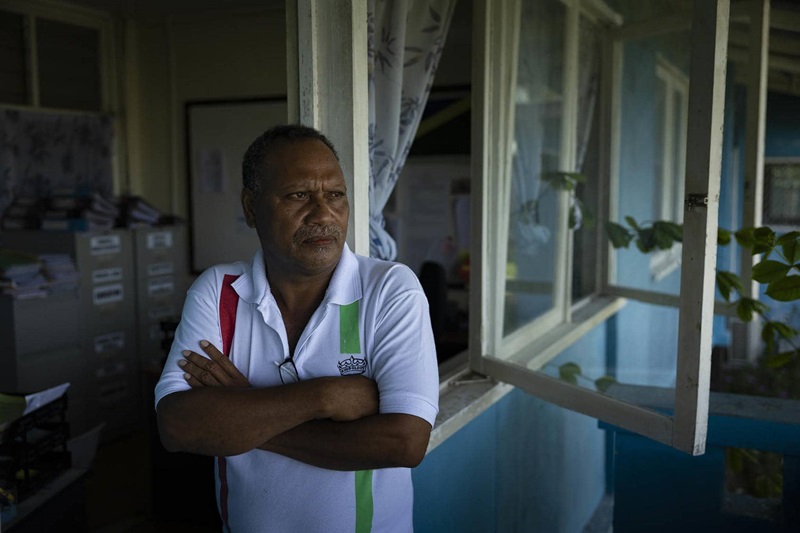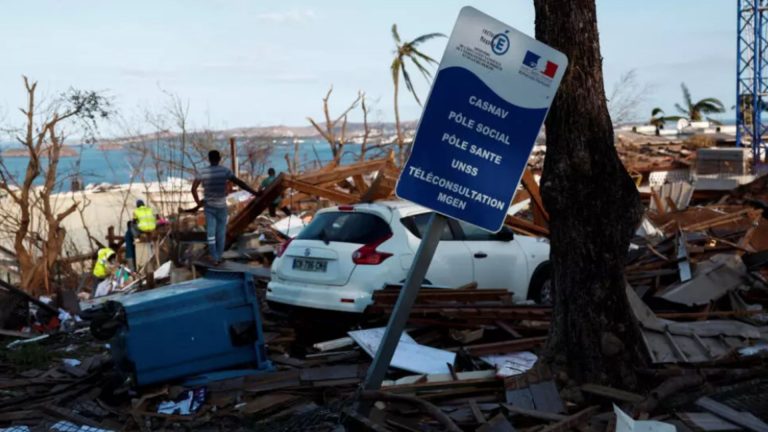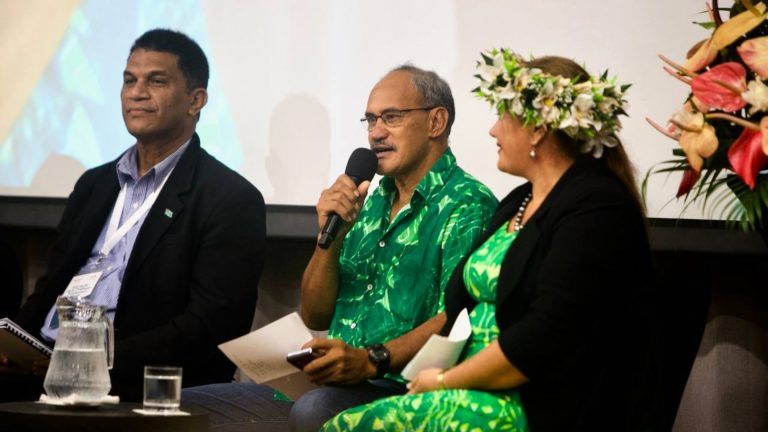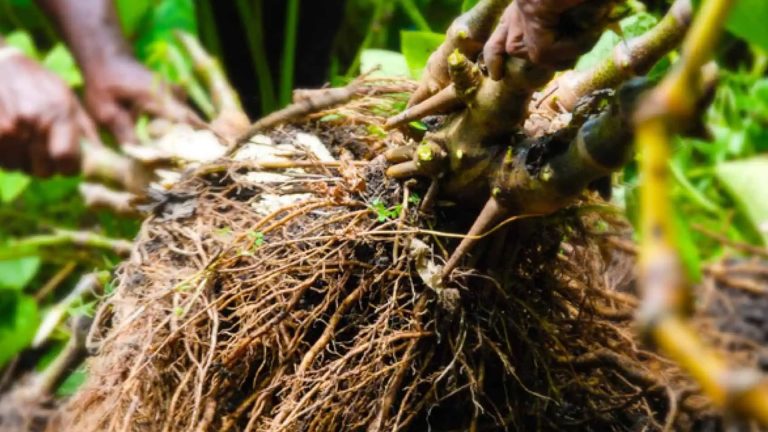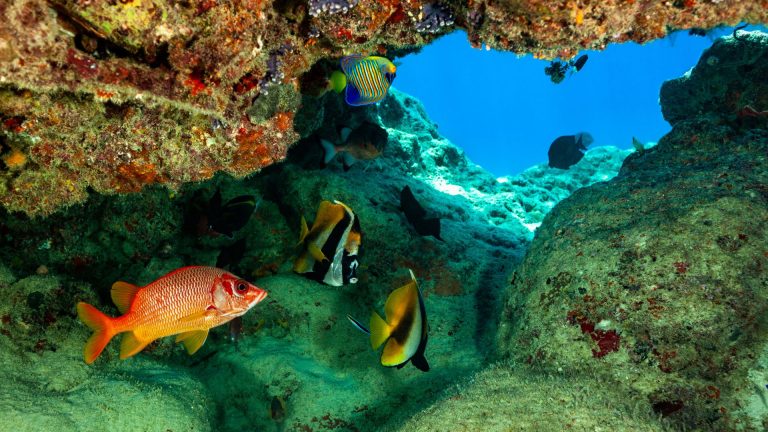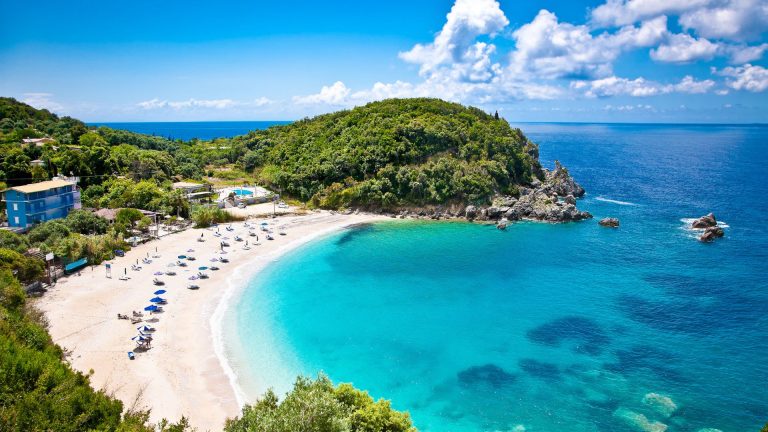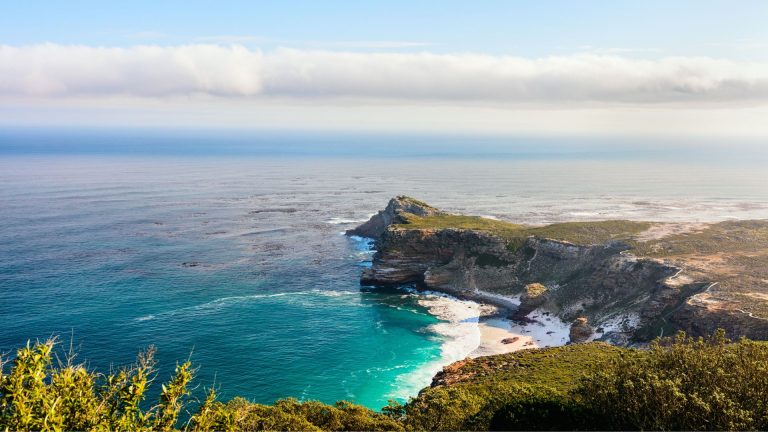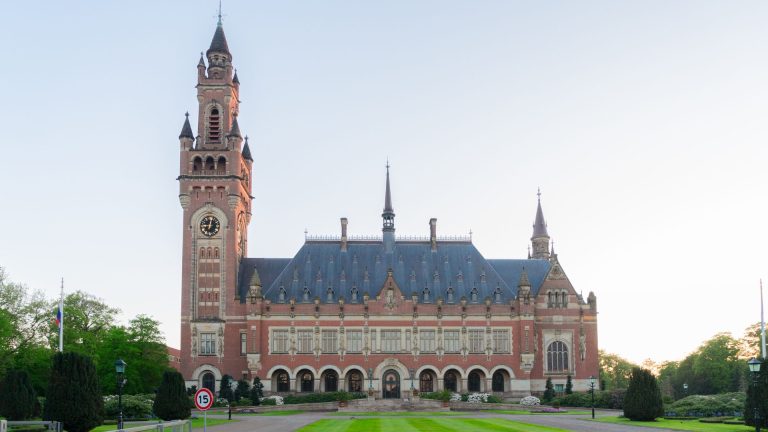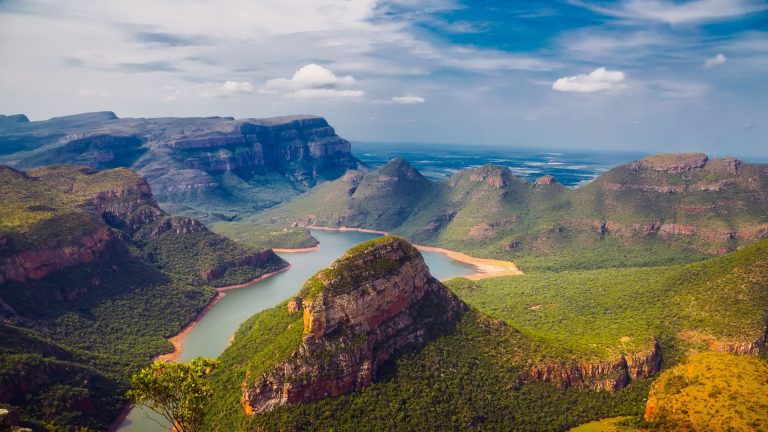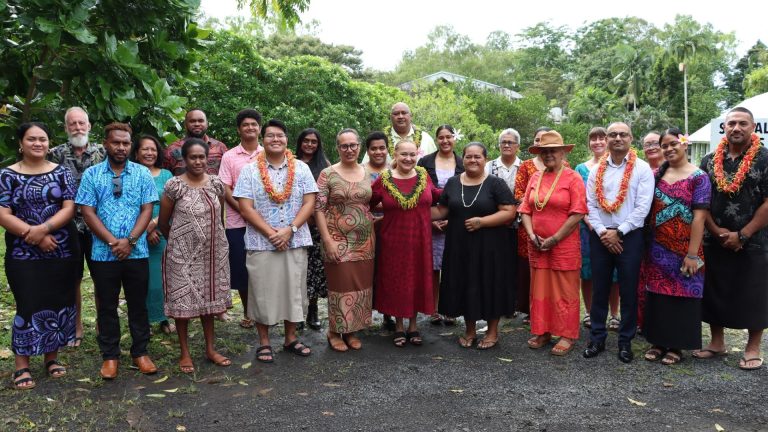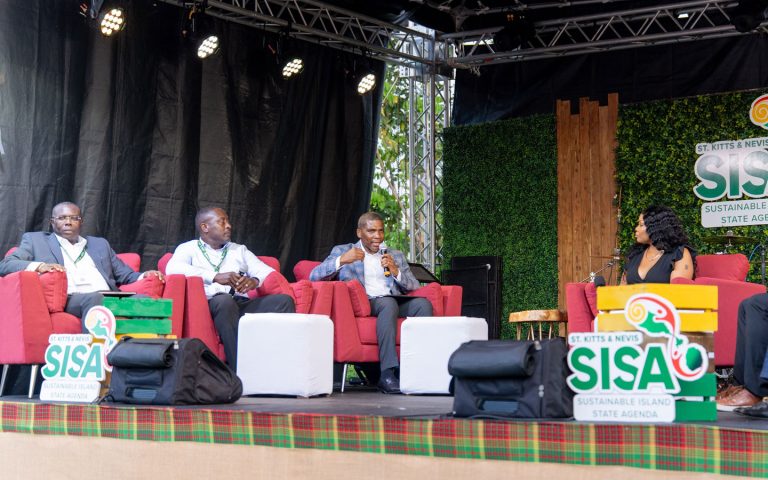In 2019, Malaita Province in Solomon Islands made geopolitical headlines when its former premier, Daniel Suidani, came out against the country’s closer bilateral relations with China. As a result of his stance, Suidani was removed from his position in February 2023.
In the West, Suidani is mostly understood through the prism of being a leading anti-China, pro-Taiwan voice from the region. This is an oversimplified understanding, as Suidani’s stance is about much more than China. For a long time, Malaita has been a symbol of conflict — between British colonization and Indigenous peoples, between the West and China, a side in militant conflict between Malaitan and Guadalcanal men from 1998-2003, and political friction between provincial and national governments. Suidani represents the latest in this long history, which calls for a deeper contextual understanding of the situation.
Malaita’s History of Resistance
Malaita Province — which is centered around the island of the same name — has a long history of interaction with, and resistance to, powerful outsiders. For centuries, Malaitans survived off the land and sea, self-governed by chiefs, warriors and priests. They first became known to the outside world primarily through the accounts of missionaries and traders.

